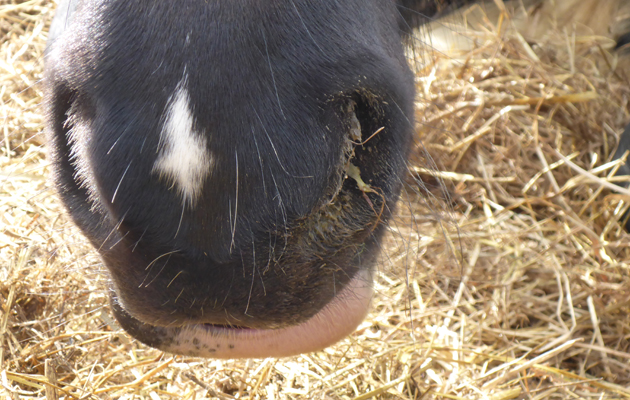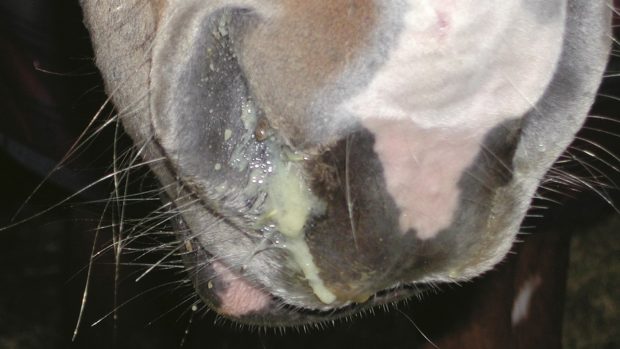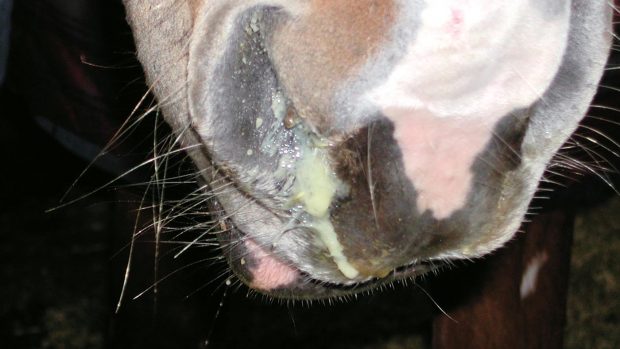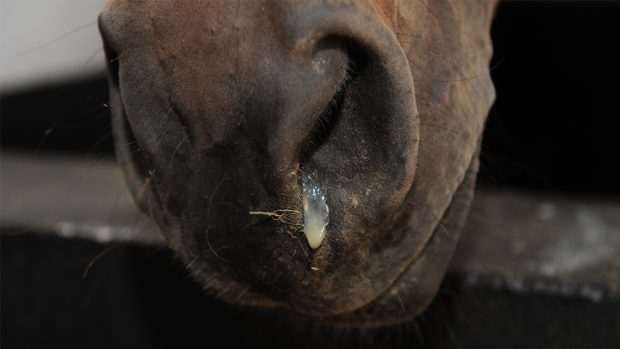An outbreak of equine herpes virus 1 (EHV-1) remains contained at a yard on the North Hertfordshire/South Bedfordshire border, according to local vets.
Earlier this month horseandhound.co.uk reported that four horses had been put down at the yard following the outbreak.
Yesterday (17 November), Rossdales Herfordshire veterinary practice published an update on its Facebook page:
“We are pleased to be able to report that the EHV-1 outbreak we are treating at a yard on the North Hertfordshire/South Bedfordshire border remains contained within the one premises and there have been no new clinical cases in the past 14 days.
“As the incubation period of this disease is one to 14 days, it is not likely at this stage that further horses on the yard will be affected.”
The yard will remain closed and in quarantine for 28 days after the last case of EHV has cleared.
A Rossdales spokesman said the quarantine will only be lifted once all the horses have undergone blood tests to ensure they do not have active EHV infection.
“The yard owner and liveries, who have had such a difficult time with this disease and its devastating consequences, continue to follow our guidance and biosecurity recommendations,” he said.
“This outbreak was caused by EHV-1, which as well as causing respiratory disease may also cause the potentially fatal neurological form.
“It has been reported in the past few days that a horse on another yard, showing respiratory infection and a high temperature, has been diagnosed with EHV-4 by their veterinary surgeon.
“EHV-4 is a different strain of the virus and does not cause the neurological form of EHV. It causes respiratory signs, can make the infected animal unwell and may also cause abortion in mares.
“This is a common viral infection, which is regularly encountered, and this infection is not connected to the EHV-1 outbreak.”
Related articles:
- Four horses dead in equine herpes outbreak
- Equine herpes: all you need to know
- Equine herpes virus: signs, treatment and prevention
The spokesman said that there is no reason to change or cancel plans to travel or compete your horses, but that “vigilance is required with respect to all infectious diseases at all times”.
“Sensible biosecurity precautions at shows and training clinics should always be followed,” he added.
“Do not let your horse have unnecessary contact with others, do not share water buckets and do not graze away from home.”





